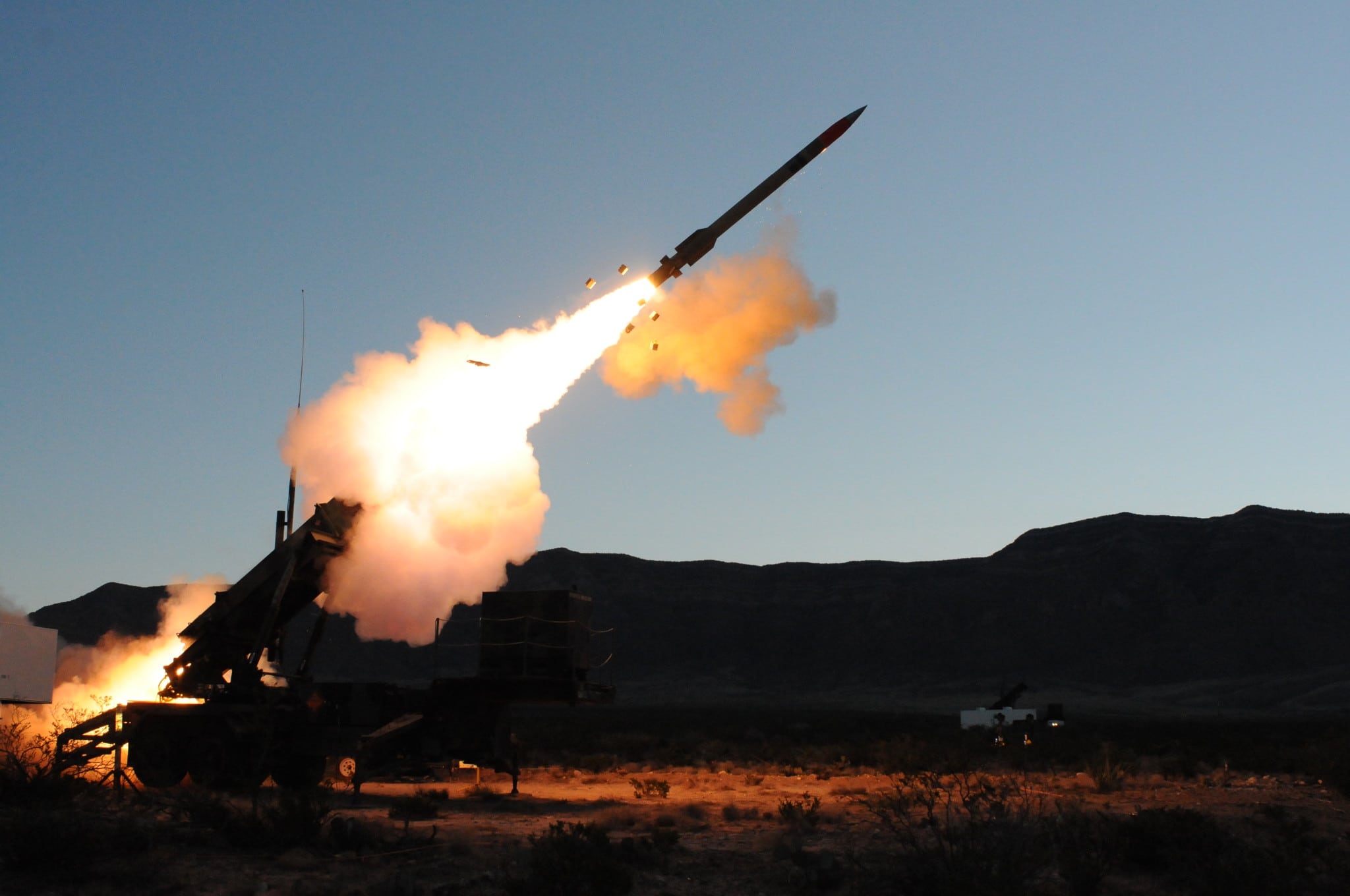
BERLIN — An air deployment exercise billed as the most important in NATO’s history and hosted by Germany got underway on Monday.
The Air Defender 2023 exercise that is ready to run through June 23 was long-planned but serves to showcase the alliance’s capabilities amid high tensions with Russia.
The primary planes took off on Monday morning from airfields in northern Germany. Some 10,000 participants and 250 aircraft from 25 nations will reply to a simulated attack on a NATO member. The US alone is sending 2,000 U.S. Air National Guard personnel and about 100 aircraft.
“The exercise is a signal — a signal above all to us, a signal to us, the NATO countries, but additionally to our population that we’re able to react in a short time … that we’d have the opportunity to defend the alliance in case of attack,” German air force chief Lt. Gen. Ingo Gerhartz told ZDF television.
Gerhartz said he proposed the exercise in 2018, reasoning that Russia’s annexation of Crimea underlined the necessity to have the opportunity to defend NATO.
Russia’s invasion of Ukraine in February 2022 has jolted NATO into preparing in earnest for the opportunity of an attack on its territory. Sweden, which is hoping to hitch the alliance, and Japan are also participating within the exercise.
Assessments of the extent to which the exercise will disrupt civilian flights have varied widely. Matthias Maas, the top of a German air traffic controllers’ union, GdF, has said that it “will in fact have massive effects on the operation of civilian aviation.”
Gerhartz disputed that. He said that Germany’s air traffic control authority has worked with the air force to maintain disruption “as small as possible.” He noted that the exercise is restricted to a few areas which won’t all be used at the identical time, and that it would be over before school vacations start in any German state.
“I hope that there we will likely be no cancellations; there could also be delays within the order of minutes here and there,” he said, insisting that a study cited by the air traffic controllers’ union assumes a worst-case scenario in bad weather wherein the military wouldn’t fly anyway.

:quality(70)/cloudfront-us-east-1.images.arcpublishing.com/archetype/6QLKWZTVVZFGFPRG3DUCVYIEUM.jpg)





